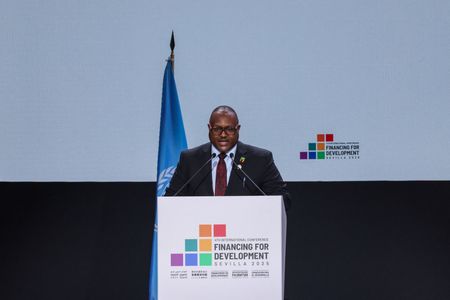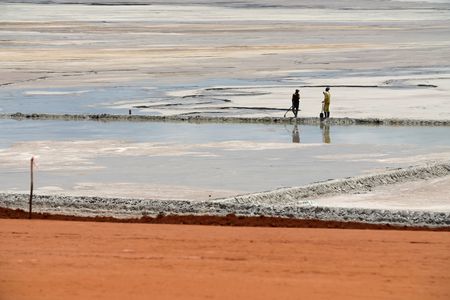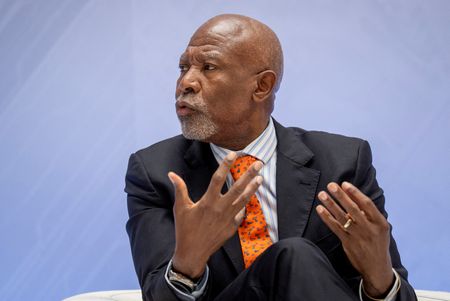NIAMEY (Reuters) – Niger has quit an international force fighting armed Islamist groups in West Africa’s Lake Chad region as it seeks to shore up security around oil assets at home, the government said in a bulletin on state television.
The Multinational Joint Task Force (MNJTF), which also includes soldiers from Nigeria, Chad and Cameroon, has been working to stem the insurgency since 2015, but progress has been hobbled by division and poor coordination, allowing armed groups to flourish across the region’s sparsely populated scrublands.
MNJTF has yet to comment on Niger’s withdrawal, and it is unclear how the step will affect the mission’s future.
The Lake Chad region has been repeatedly attacked by militant groups, including Islamic State in West Africa and Boko Haram, whose insurgency erupted in northeast Nigeria in 2009 and has killed tens of thousands of people.
Last year, Chad threatened to pull out of the MNJTF after about 40 soldiers were killed in an attack on a military base.
And Niger has become increasingly withdrawn since a military junta overthrew President Mohamed Bazoum in 2023. Along with Burkina Faso and Mali – neighbouring states where juntas also snatched power in recent years – it withdrew from regional bloc the Economic Community of West African States (ECOWAS) in 2024.
Niger’s junta, which last week announced a five-year transition to constitutional rule, has promised to restore security in the country, whose vast desert north is crossed by migrants and traffickers.
But the army has little control over large parts of the country. Islamist militants killed at least 44 civilians and severely injured 13 others during an attack on a mosque in the southwest this month. Its energy infrastructure, including an oil pipeline that links the Agadem oilfield to Benin’s coast, has come under attack.
(Reporting by Boureima Balima; Writing by Edward McAllister; Editing by Helen Popper)








